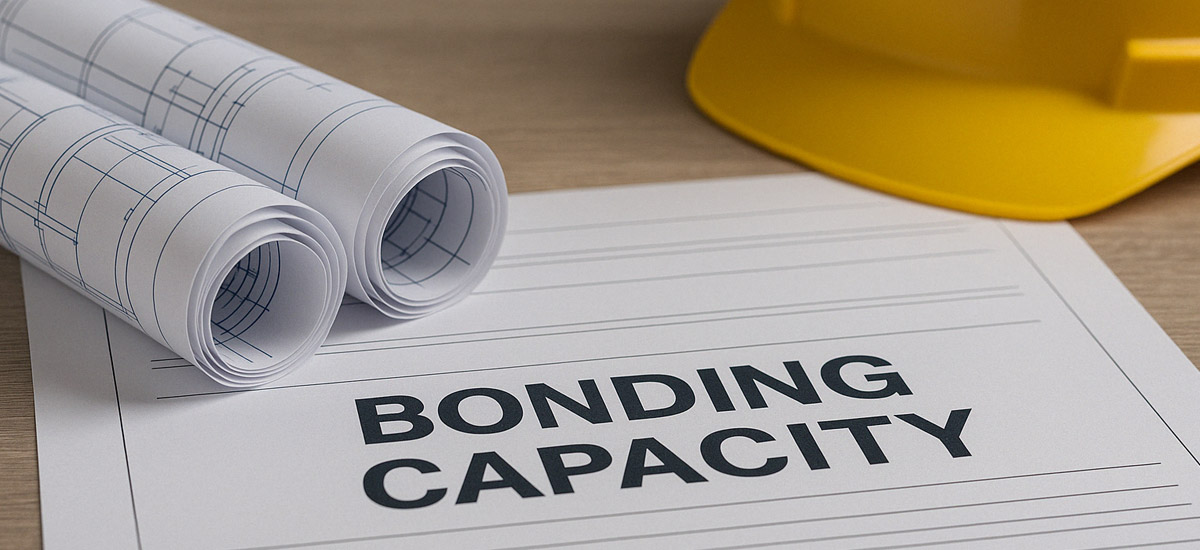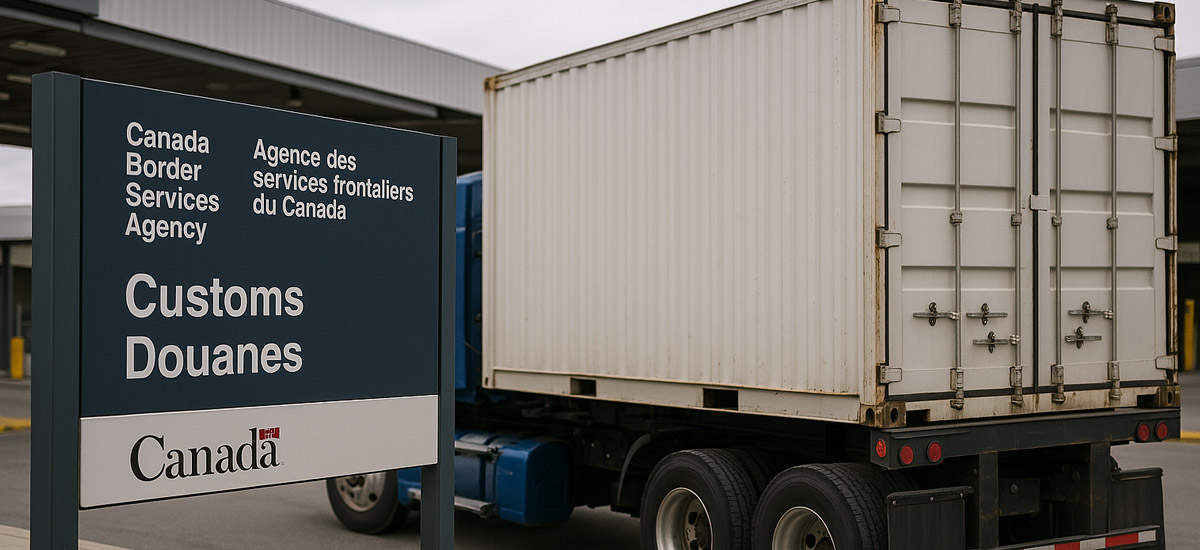Understanding how to get bonded in Alberta is a pivotal step for businesses aiming to establish themselves in this dynamic province that fosters fair competition. Alberta’s diverse economic sectors, from construction to mining, importing and exporting, as well as other industries often necessitate the acquisition of surety bonds.
While some bonds, like the General Surety Bond, are relatively straightforward and simple to obtain, others demand a more rigorous vetting process. This article will guide you through the intricacies of obtaining bonds in Alberta, ensuring your business remains compliant and trustworthy.
If at any time, you’d like a bonding professional to answer any questions or guide you through the process of obtaining the bonds you need, don’t hesitate to reach out to us or book a consultation.
1. Ensure you have experience in the field you're applying for a bond in.
Experience is the cornerstone of trust in any industry. Underwriters, when assessing a bond application, look for tangible proof of expertise.
Having a track record in your respective field not only demonstrates your commitment, but also your ability to navigate industry-specific challenges. This experience becomes a testament to your company’s resilience and adaptability.
Furthermore, even non-operational bonds, like administration bonds, require a demonstration of the “3 C’s of Surety” – Character, Capacity, and Capital. Each of these elements plays a crucial role in determining bondability. A reliable client is one that doesn’t have trouble getting the bonds they need.
If you’d like to learn more about what it takes to become bonded, we have an article that does a deep dive on bondable meaning in Canada here.
2. Have adequate internal financial bookkeeping in place such as Quickbooks.
Financial transparency is paramount in the bonding process. Modern tools like Quickbooks and other bookkeeping software have revolutionized how businesses maintain their financial records.
When applying for bonds, especially those that require regular financial updates, having a system like this in place becomes indispensable. A well-maintained financial record provides underwriters with a clear picture of your business’s financial health.
Regular internal updates, including a Balance Sheet, Income Statement, Aged Receivables & Aged Payables Listing offer insights into your business’s operational efficiency and profitability.
If you’re looking to setup and maintain an active bond facility, this is an absolute necessity. Bond facilities enable contractors to provide contract bonds including:
- Performance Bonds
- Payment Bonds
- Bid Bonds
- Consent of Surety
- Maintenance Bonds
- Other customized financial guarantees
These can be common requirements in the construction industry, but we’re able to facilitate bonding needs across all sectors.

3. Obtain accountant prepared year-end financial statements each year.
Year-end financial statements are more than just a reflection of your business’s financial health; they’re a testament to its operational success and future potential.
Hiring a certified accountant to prepare these statements at each year-end adds a layer of credibility to your records. These documents provide underwriters with a comprehensive view of your corporate and personal performance. Without professionally prepared financial statements, it will be very difficult for your business to setup and maintain a bonding relationship.
For new businesses or those yet to reach a fiscal year-end, preliminary financial records can also play a pivotal role. An opening balance sheet, for instance, can offer insights into your business’s initial capital and growth potential.
There may be additional requests from the bonding company in this case as well. Bank statements, and other financial proofs may be asked for by underwriters.
4. Maintain accurate reporting for Work On Hand & Uncompleted Work in Progress.
Accurate reporting of ongoing projects is essential, especially for businesses involved in long-term contracts or projects.
Understanding the status of each project, from labor costs to materials used, provides a clear picture of your business’s operational efficiency. This transparency ensures underwriters of your capability to manage multiple projects simultaneously without compromising on quality or safety.
Accurate Work On Hand reports also play a role in determining bond limits and capacity, ensuring your business has the flexibility it needs to grow and expand.
Whether you use in-house templates for cost to complete, over and under-billings, and other metrics; or you have a software like Procore to assist with project management – this is a good sign for your bond facility.
5. Have an accurate Organization Chart for your business and corporate structure.
For businesses with multiple industry arms, holding companies, or subsidiaries, a clear organizational chart becomes important to provide an overall picture of your group of companies.
This chart provides underwriters with a holistic view of your business structure, showcasing the relationship between various entities, intercompany loans, etc.
Such clarity ensures that all aspects of your business are considered during the bonding process, facilitating a more comprehensive assessment. Any assets in the corporate structure will assist in developing and increasing capacity for your bond requirements.
We hope you’re becoming familiar with how to obtain a bond in Alberta and invite you to book a consult or get in touch with us at your convenience.
Book a consultation with an Alberta Bonding professional

6. Select a reputable surety bond broker to work with and maintain a relationship with them.
The bonding landscape in Alberta can be intricate. Choosing a reputable broker can make all the difference.
A trusted broker not only provides guidance tailored to your industry but also ensures you remain compliant with Alberta’s bonding regulations. Selecting a bonding company that fits with your potential is also part of the broker’s role. We work with established Canadian and International brands like Intact Insurance to provide surety guarantees.
Furthermore, maintaining a relationship with your broker can offer insights into industry trends and best practices, ensuring your business remains at the forefront of its sector.
At Bond Connect, we’re always here when you need us with professional expertise, industry insights, and the best rates available through our underwriting partners.
Frequently Asked Questions about How To Get Bonded in Alberta
Q: What industries typically require bonds in Alberta?
A: Industries like construction, development, mining, import and export, among others, often require bonds in Alberta.
Q: How often should I update my financial records for bonding purposes?
A: It’s recommended to update financial records every 3 to 6 months, especially if you have a Bond Facility in place. This will be outlined when setting up a terms & conditions with underwriters.
Q: Can new businesses obtain bonds in Alberta?
A: Yes, new businesses can obtain bonds. While having a track record helps, new businesses can leverage preliminary financial records and demonstrate industry experience to obtain bonds. For example, being employed in an industry for years prior to starting your own operation is helpful in establishing reputation.
Q: What’s the difference between a General Surety Bond in Alberta and other bonds?
A: A General Surety Bond is typically a quick and simple process to obtain with minimal penalties, while other bonds might require more rigorous vetting and due diligence. If you need a General Surety Bond in AB click here to apply and get bonded online.
Q: How does the “3 C’s of Surety” impact my bond application?
A: The “3 C’s of Surety” – Character, Capacity, and Capital – are essential criteria that underwriters consider when assessing bondability. They evaluate you and your business’s reputation, ability to fulfill obligations, and financial strength. This also ensures the principal’s history does not have a record of bankruptcy, failed business pursuits, or claims against bonds in the past.
Q: How much do bonds in Alberta typically cost?
A: The cost of the bonds you need will vary depending on the type of bond needed, the bond amount, your financial position, and other specifics. Just select the kind of bond you require from our headings above or the site search function, and you’ll be able to obtain a quote or next steps to receive one.
A Conclusion on Alberta Surety Bonds and Next Steps
Knowing how to get bonded in Alberta is more than just a regulatory requirement. It’s a testament to a business’s credibility, operational success, and commitment to excellence.
By adhering to the tips mentioned above and maintaining open communication with us as your trusted bond broker, businesses can seamlessly navigate the bonding process, ensuring they remain at the forefront of their respective industries.
If you’d like assistance, clarification, or any advice from us don’t hesitate to reach out.






